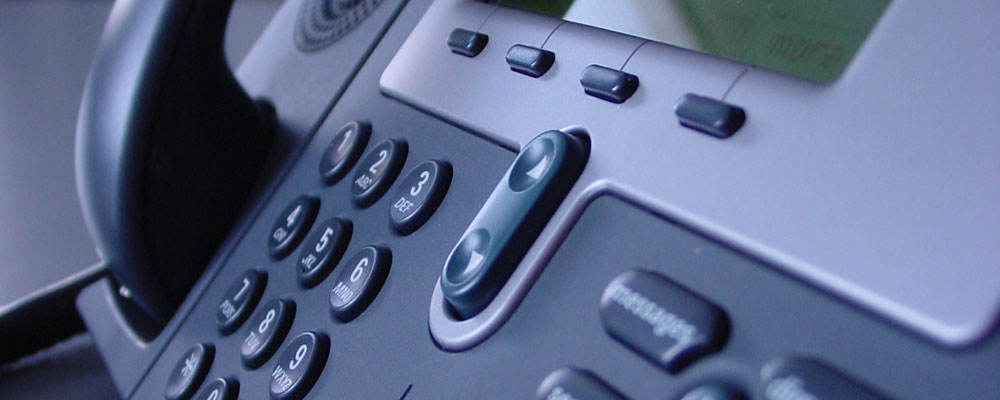IP Telephony that is known as Internet Protocol Telephony refers to the technologies that use the Internet’s Protocol`s packet switched connections so as to exchange voice, fax and other forms of information that have traditionally been carried over the dedicated circuit switched connections of the public switched telephone. As you use the internet, the calls travels as packets of data on shared lines, avoiding the tolls of the PSTN. The most promising challenge in IP Telephony is to give out the voice, fax or video packets in a dependable flow to the user. This challenge is focused by much of the IP Telephony.
When looking at the enterprise environment, IP telephony is used through physical IP phones working on top of an IP network infrastructure. It supports video communication between two or more users. One of the main advantages of IP telephone systems is that whereas calls of long distance on regular phone system can be cost prohibited, the same calls on an IP phone systems are free it means there are no fees beyond the cost of internet access.

On the other hand, IP PBX System refers to private branch exchange that switches calls between VoIP users on local lines while allowing them to share a certain number of external phone lines. It can also switch calls between a VoIP user and a traditional telephone user in the same way that a conventional PBX does. You can see the abbreviations in several texts like; IP-PBX, IP/PBX, or IPPBX. If you go through the advantages you would come to know that it employs converged data and voice networks. It means that using a single communications all stuffs like; internet access, as well as VoIP communications and traditional telephone communications.
After reading the above article, I am sure you have now come to know about IP Telephony and IP PBX.

